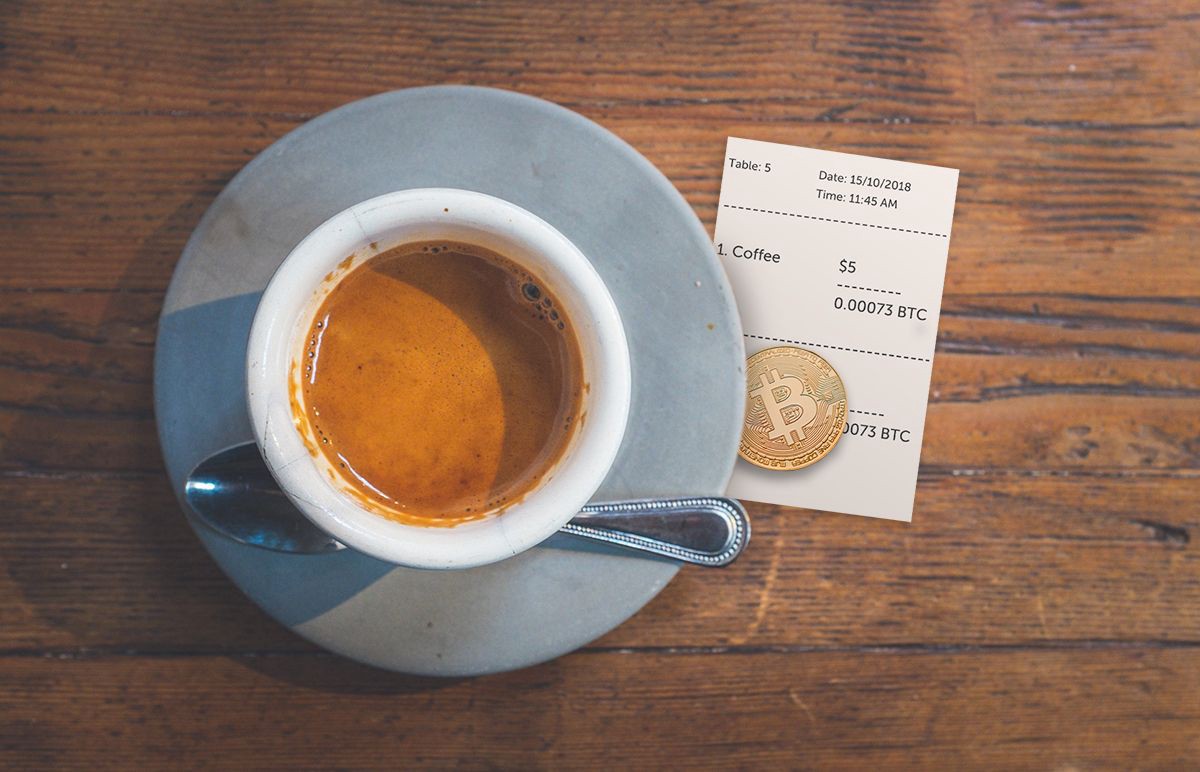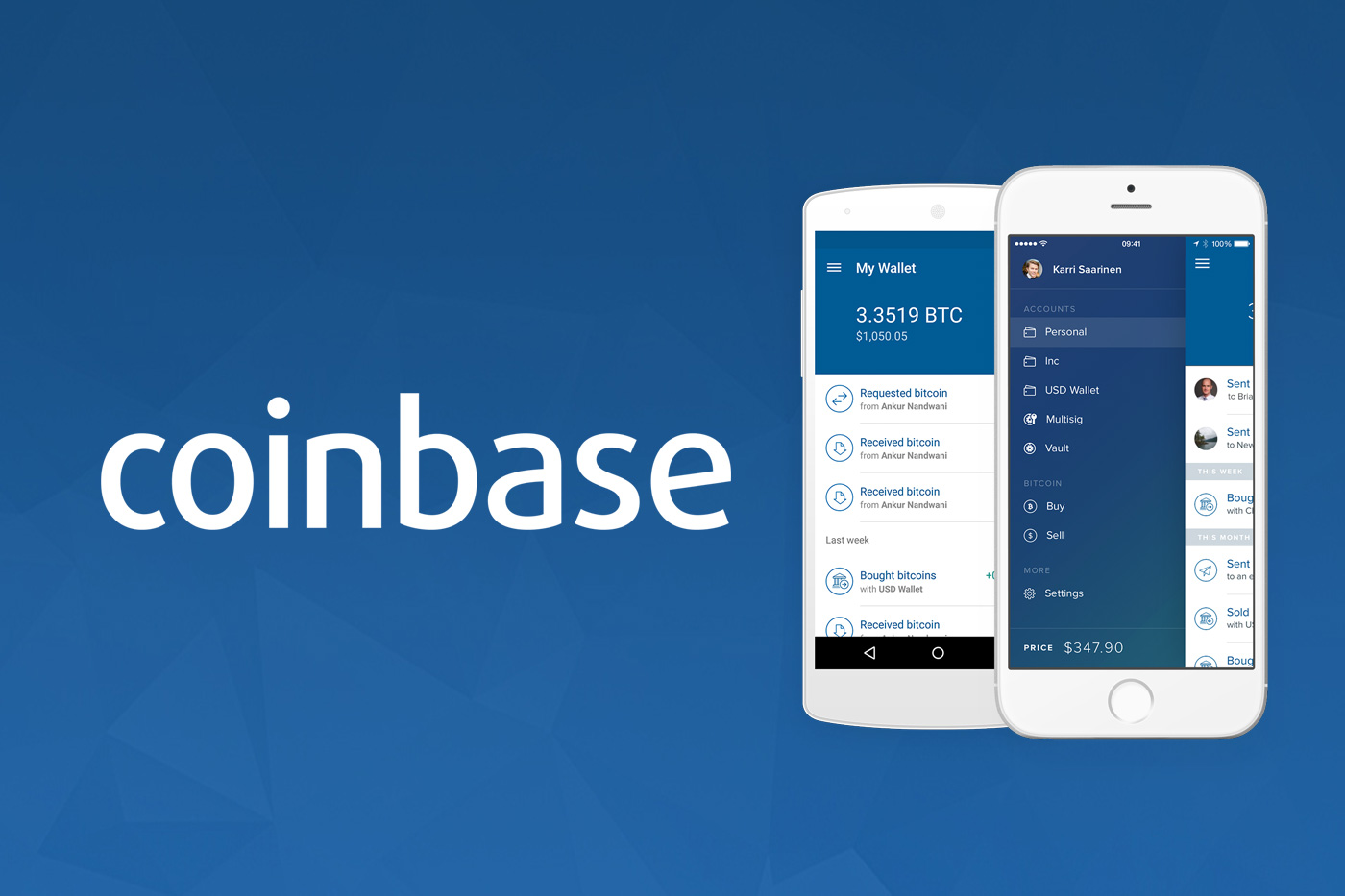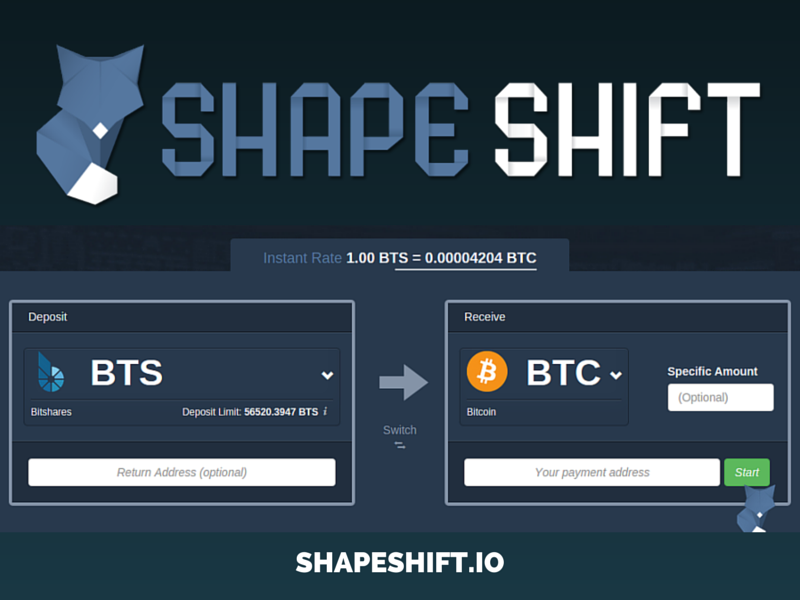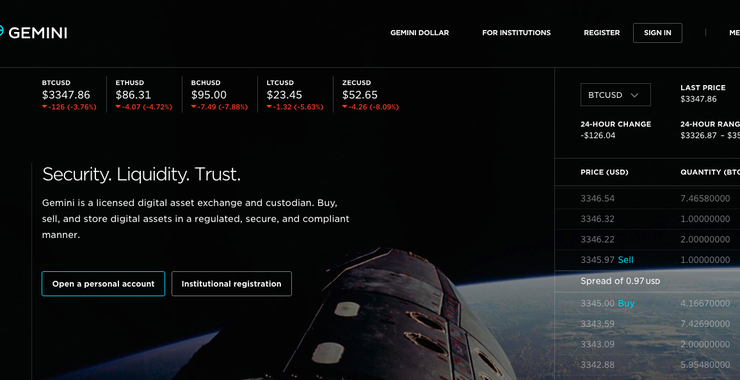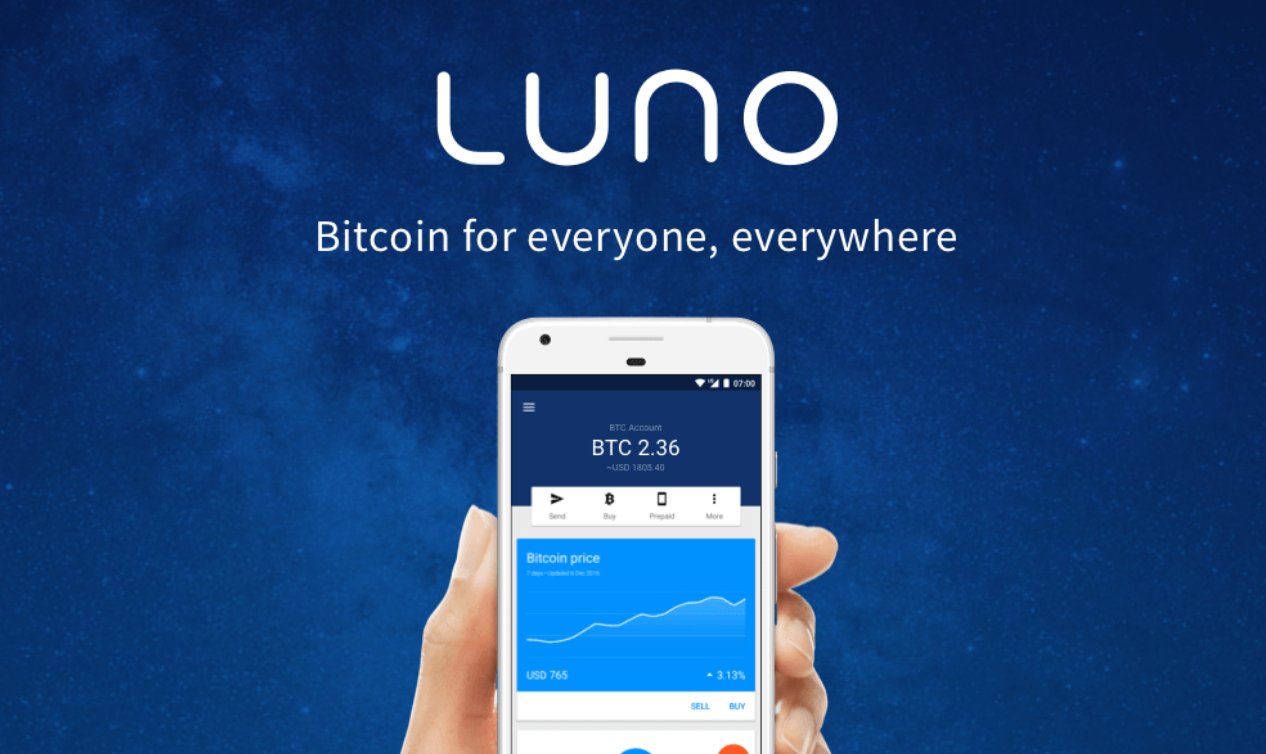
Cryptocurrency Regulation Around the World Report
After analysing how various jurisdictions, it would be possible to identify emerging patterns, as this report is trying to describe. The country surveys are also organized regionally to allow for region-specific comparisons.
The terminology used to describe cryptocurrency
One first aspect the report has revealed is the variety and fluidity of the terminology used to describe cryptocurrency.
Read more on The differences between cryptocurrency coins and tokens
Some of the terms used by countries to reference cryptocurrency include: digital currency (Argentina, Thailand, and Australia), virtual commodity (Canada, China, Taiwan), crypto-token (Germany), payment token (Switzerland), cyber currency (Italy and Lebanon), electronic currency (Colombia and Lebanon), and virtual asset (Honduras and Mexico).
Cryptocurrency regulation: Cryptocurrency warnings and approach
One common action was identified across the surveyed jurisdictions: the government-issued notices about the pitfalls of investing in the cryptocurrency markets. Such warnings, mostly issued by central banks, are designed to educate people about the difference between actual currencies, which are issued and guaranteed by the state, and cryptocurrencies, which are not.
Most government warnings include the following: the investment risk resulting from the high volatility, many of the organizations that facilitate such transactions are unregulated, investing is done as a personal risk and some even add that cryptocurrency was created for illegal activities, such as money laundering and terrorism.
Read more on What is cryptocurrency and why do we need it?
Some of the countries surveyed go beyond simply warning the public and have expanded their laws on money laundering, counterterrorism, and organized crimes to include cryptocurrency markets, and require banks and other financial institutions to ban or limit any type of activity that cannot be tolerated under such laws.
For instance, Australia, Canada, and the Isle of Man recently enacted laws to bring cryptocurrency transactions and institutions that facilitate them under the ambit of money laundering and counter-terrorist financing laws.
Some countries (Algeria, Bolivia, Morocco, Nepal, Pakistan, and Vietnam) ban any and all activities involving cryptocurrencies. Qatar and Bahrain have a slightly different approach in that they forbid their citizens from engaging in any kind of activities involving cryptocurrencies locally but allow citizens to do so outside their borders.
Other countries are indirectly imposing restrictions, by restricting cryptocurrency transactions of the financial institutions (Bangladesh, Iran, Thailand, Lithuania, Lesotho, China, and Colombia).
Cryptocurrency regulation: ICOs
Cryptocurrency regulation is not the only concern for some. Only a limited number of countries surveyed regulate initial coin offerings (ICOs). Some of these countries ban ICOs altogether (mainly China, Macau, and Pakistan), while most tend to focus on regulating them.
For the rest of the countries that do address ICOs, its regulations depend on how an ICO is categorized. For instance, in New Zealand, particular obligations may apply depending on whether the token offered is categorized as a debt security, equity security, managed investment product, or derivative. In the Netherlands, the rules applicable to a specific ICO depend on whether the token offered is considered a security or a unit in a collective investment, an assessment made on a case-by-case basis.
Read more on How to earn free cryptocurrency (without investing or mining)
Cryptocurrency regulation: Blockchain technology
Some of the jurisdiction surveyed for this report, while not recognizing cryptocurrencies as legal tender, see potential in the blockchain technology behind it and are developing a cryptocurrency-friendly regulatory regime as a means to attract investment in technology companies that excel in this sector. In this class are countries like Spain, Belarus, the Cayman Islands, and Luxemburg.
Read more on Blockchain technology used in non-cryptocurrency applications
Some jurisdictions are seeking to develop their own system of cryptocurrencies. This category includes a diverse list of countries, such as the Marshall Islands, Venezuela, the Eastern Caribbean Central Bank (ECCB) member states, and Lithuania.
Belgium, South Africa, and the United Kingdom stated that the size of the cryptocurrency market is too small to be cause for sufficient concern to warrant regulation but have issued warnings to the public about the pitfalls of such investments.
Cryptocurrency regulation: Cryptocurrency taxation
The challenge appears to be how to categorize cryptocurrencies and the specific activities involving them for purposes of taxation.
Transactions must first get classified either as income or capital gains to determine the applicable type of tax.
Read more on Top countries where cryptocurrency is legal
The surveyed countries have categorized cryptocurrencies differently for tax purposes, as illustrated by the following examples:
| Israel | → | taxed as asset |
| Bulgaria | → | taxed as financial asset |
| Switzerland | → | taxed as foreign currency |
| Argentina & Spain | → | subject to income tax |
| Denmark | → | subject to income tax and losses are deductible |
| United Kingdom: | → | corporations pay corporate tax, unincorporated businesses pay income tax, individuals pay capital gains tax |
Mainly due to a 2015 decision of the European Court of Justice (ECJ), gains in cryptocurrency investments are not subject to value added tax in the European Union Member States.
Cryptocurrency mining is exempt from taxation in most surveyed countries. However, in Russia mining that exceeds a certain energy consumption threshold is taxable.
Cryptocurrency regulation: Cryptocurrency payments
In a small number of jurisdictions, cryptocurrency regulation permits cryptocurrencies as a means of payment.
Read more on What Can You Buy Using Cryptocurrency?
In the Swiss Cantons of Zug and a municipality within Ticino, cryptocurrencies are accepted as a means of payment even by government agencies. The Isle of Man and Mexico also permit the use of cryptocurrencies as a means of payment along with their national currency. Much like governments around the world that fund various projects by selling government bonds, the government of Antigua and Barbuda allows the funding of projects and charities through government-supported ICOs.

